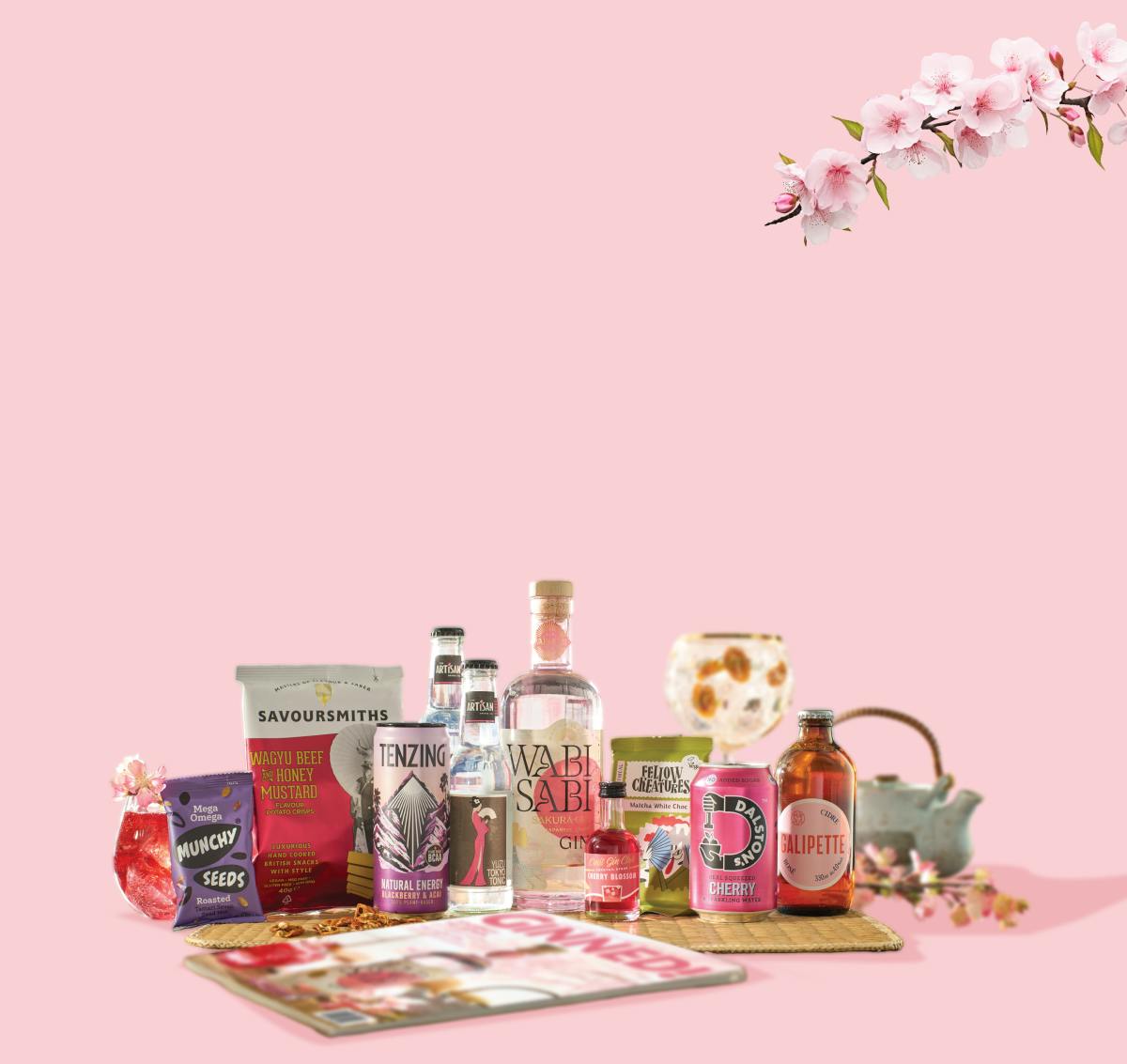Total flexibility, no commitment
A world of unique, crafted spirits
Easy, free and reliable delivery

The UK's original craft distillery: Thames Distillers and Master Distiller Charles Maxwell
Below is an excerpt from the June 2015 edition of GINNED! Magazine about Chilgrove Dry Gin. Every month, Craft Gin Club Members receive a bottle of amazing small-batch gins accompanied by GINNED! Magazine which is full of information about the gin, the distillery and loads of fascinating features.
Christopher and Celia Beaumont-Hutchings, the husband and wife founders of the Craft Gin Club Gin of the Month, called on Charles Maxwell at Thames Distillers to help them bring their dream of Chilgrove Dry Gin to life. Maxwell is an eighth-generation distiller - spirits have been running through his family bloodline since the 17th Century. He launched Thames Distillers in 1996 and now makes and bottles gins for over 60 brands - from large international brands to those for local bars - in the distillery’s two 500-litre stainless steel stills, Tom Thumb and Thumbelina. The Craft Gin Club spoke with Maxwell, who was given a Lifetime Achievement Award from the Gin Guild, about craft gins.
1. Why is gin experiencing such a burst in popularity in recent years?
Vodka has done so well for so long but the differences amongst vodkas are very nuanced and quite small. With gin you get real differentiation from one brand to the next. Take the gins that have been instrumental in bringing the category back into the mainstream. You first had Bombay Sapphire which started pulling people back from vodka and then you have Hendrick’s which really blew the door off. The two gins are completely different in taste and texture as well as in marketing.
When the main players in the market invest in marketing and begin to get the on-trade on board, a serious interest begins to develop. Drinks are a conversation piece so when you get bartenders telling the stories behind gins the buzz perpetuates. It’s also helps that gin is made for mixing in cocktails although there are one or two sipping gins as well.
2. What do you think of the craft distilling boom?
The big brands are great because you can go into any bar in the world and know that you can order a quality product. But people in the West are certainly turning away from these big brands seeking out something quirky. What’s wonderful about the craft distilling boom is that you know you’ll get something of quality as well, something that’s not dangerous as we have rules in place to ensure that products are made to high standards.
The nature of gin - the fact that it’s relatively quick to make once your recipe is locked down and that it does not have to be aged and stored - makes it an attractive proposition for entrepreneurs. As long as they get their marketing down right, I think this trend will continue. Sure, some people get into it with rose glasses and there will be a couple of secondhand stills on the market eventually, but it’s just like any other business. A lot of the smaller brands will carry on serving their regions and will be very happy doing so while some might become international brands if they have the ambition to be so.
3. How is Chilgrove Dry Gin distinct from other gins that you have worked with?
The grape spirit was a pleasure to work with. It has different characteristics from the grain spirits we usually use for premium gins and we had to adjust our recipe accordingly in order to create alliances between the botanicals and the grape spirit. Ultimately, we have created a gin that has an enhanced smoothness due to the grape base as well as a crispness and nice citrus note. I keep a bottle of Chilgrove at home for personal use and my daughter is a huge fan







